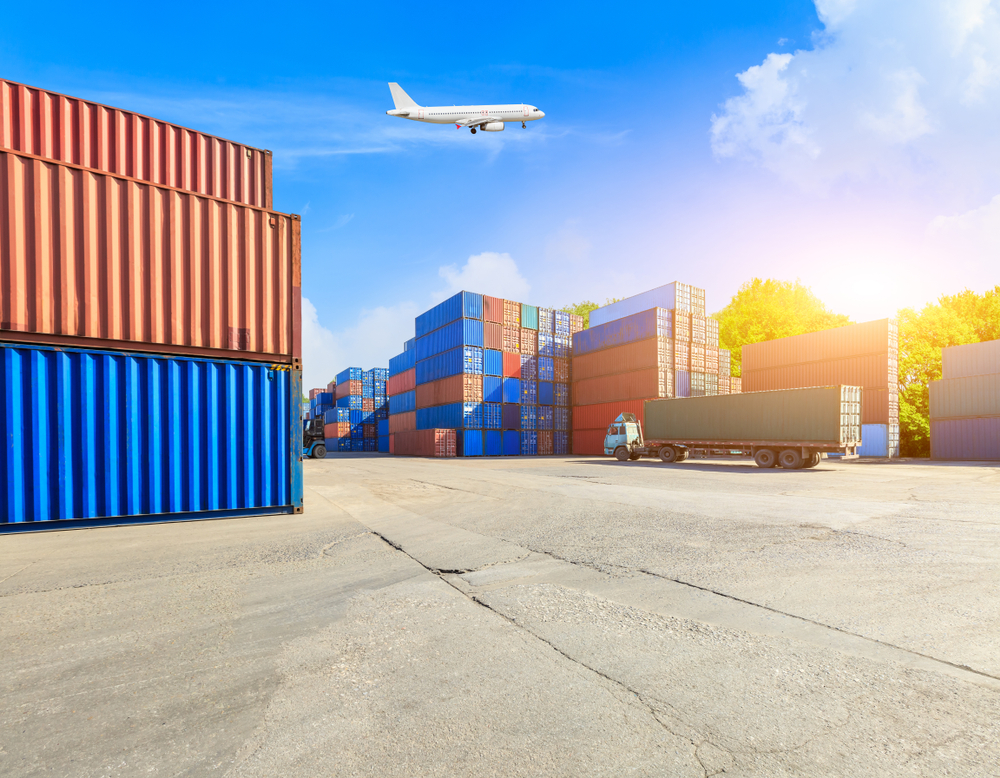
Officials at East and West Coast ports are expressing optimism that 2024 will be a banner year for imports and exports. Federal and state investments are expanding their bandwidth, but not without caveats, such as adherence to stricter emissions regulations and onboarding battery electric semis. In the background, the Biden Administration weighs another slate of tariffs on Chinese products, including electric vehicles that could change the freight-hauling landscape.
“There is unprecedented federal investment in the nation’s ports, about $18 billion, and our industry is riding a crest, a newly formed crest and dedication to the ports,” Cary Davis, CEO of the American Association of Port Authorities, reportedly said. “We are entering a new era of decarbonization and digitization, and there is a lot more that we want to accomplish as an industry.”
California ports are expected to invest upwards of $1.5 billion in upgrades, including $450 million for zero-emissions projects. Officials such as Port of Long Beach CEO Mario Cordero touted the influx of taxpayer funds as a historic investment in a green future. Turning away from diesel-fueled semi-trucks is expected to increase freight hauling costs, which would likely hurt small fleets or be passed along to consumers.
In Savannah, Georgia, and South Carolina, the CSX and Norfolk Southern railroads are developing infrastructure to transport containers away from ports more efficiently. Truckers would pick up loads about 35 miles northwest of Atlanta near Georgia’s interstate network. Hyundai is also reportedly readying a $6 billion manufacturing plant 34 miles from Savannah near the interstate corridor outside Atlanta. These projects are expected to increase work for CDL holders without requiring battery-electric rigs.
Although Illinois’ infrastructure projects are bogged down in environmental studies and red tape, the Port of Baltimore plans to invest $500 million into the 120-year-old Howard Street CSX rail tunnel serving the port. Adding to trucking opportunities, plans are to repurpose a 3,200-acre steel mill into a warehouse and truck transportation staging facility.
But in the backdrop of these potential trucking industry gains, the White House continues to mull imposing stringent tariffs on Chinese imports. Electric vehicles are among the products being considered for a new swath of charges. China’s BYD company recently sold more EVs than Elon Musk’s Tesla organization for the first time. The news comes as the Texas-based Tesla operation exceeded expectations, delivering 1.8 million cars in 2023. China’s cheap vehicles are subject to a 25 percent duty, but still threaten to undercut Tesla and other U.S. EV manufacturers.
Sources:
https://www.ttnews.com/articles/port-leaders-2024











Leave a Comment